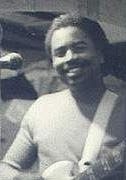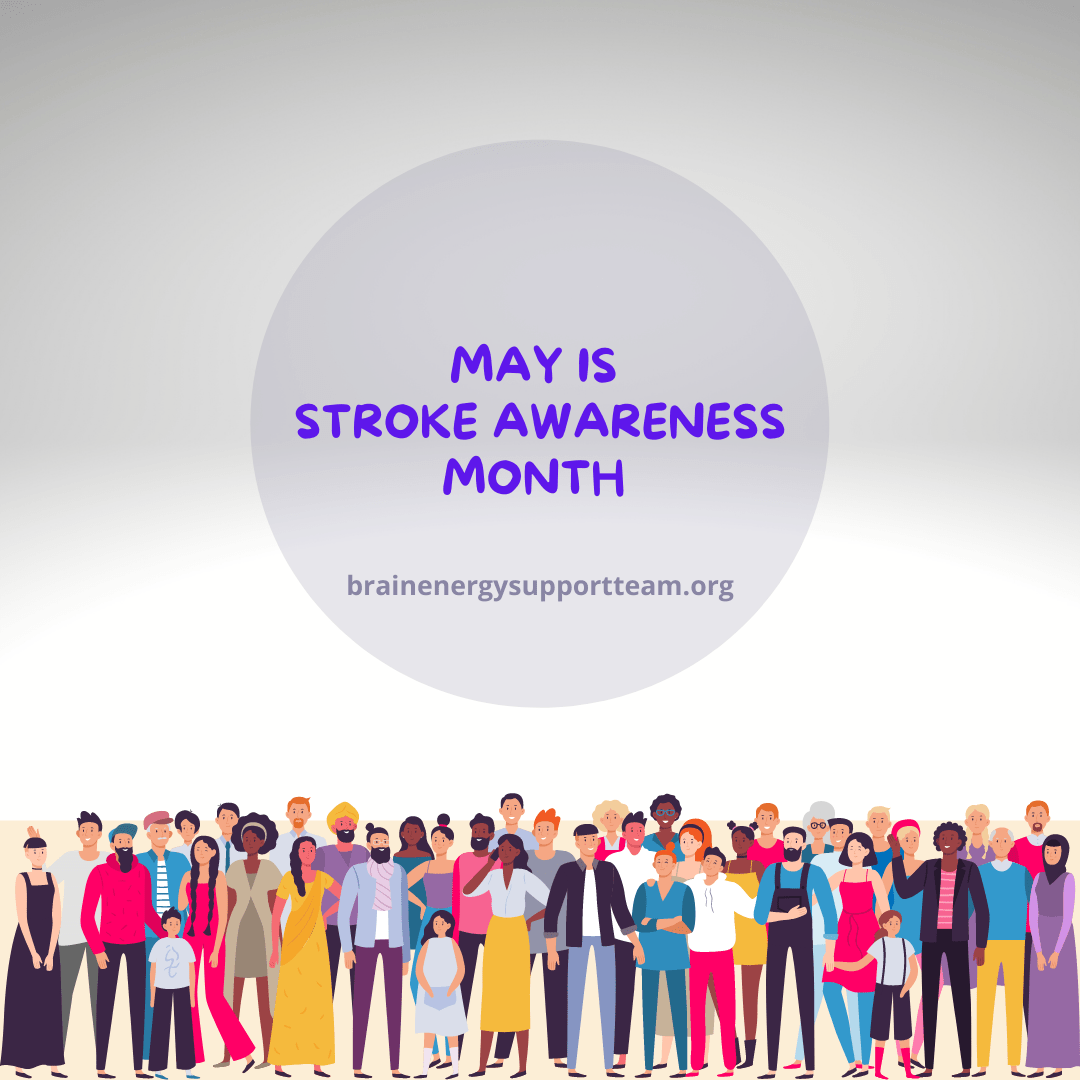 So far in my brief time writing here, I’ve focused on positive subjects, ones that have aided me in my recovery from my traumatic brain injury.
So far in my brief time writing here, I’ve focused on positive subjects, ones that have aided me in my recovery from my traumatic brain injury.
I’m afraid I’ll have to break that streak, at least this one time. This one is about people who feel free to give unwanted and misguided advice to people with a TBI.
There are lots of websites available, with titles like, “Things not to say to someone with a TBI,” and they are very good.
But here I think I’ll just talk about some of the things people have said to me. The words in quotes are things I’ve been told, followed by my response.
“You look fine” or “You don’t look like you have a brain injury.”
How is someone with a brain injury supposed to look? Do you expect me to be drinking Elmer’s glue out of the bottle, or putting ketchup on ice cream? What exactly are you looking for?
Here is a news flash: There are no outward or distinguishing characteristics of a TBI. And each TBI is different, with effects that differ from person to person.
I suspect that in my case, I think it kind of bothers some people that I don’t fit their notion of what a stroke victim looks like.
If I seem “normal” there is a really good reason for that: I am. I am just dealing with the internal aftereffects of having a stroke.
“You should drink some Red Bull.”
This one comes from the residual weakness in my legs and the fact that I tire easily, and need lots of sleep and rest. The weakness in my legs is due my brain’s neural connection to my legs and arms are still not fully established. It is related to the reason that some stroke victims have drooping face muscles or weakness in one half of their body.
I seriously doubt Red Bull would be any help to those individuals, and it would be completely stupid to suggest such a thing to them.
“You should come over and use my exercise equipment.”
Sorry. Again, my weakness isn’t due to lack of exercise. I lost count of the number of times I have had to explain that my problem is not with my legs and arms; that the problem is in my brain.
“I’ve read about brain injuries. I know all about it.”
No. No you don’t. You will never know all about it until you have a brain injury.
I can read all the medical literature ever written about pregnancy, but I will never understand what it is like to go through a pregnancy myself.
(I am not recommending you go out and get yourself a brain injury).
“You spend too much time in your room. You need to get out–let’s go to the casino.”
That is absolutely the last thing I need: bright lights, crowds of people, and loud noise.
If you really knew that much about brain injuries, you would know that lots of rest away from bright lights and noise helps a brain recover. And large crowds of people throw me off and make my brain want to shut down.
“Snap out of it” or “Just get over it.”
Ah, so it’s just a matter of willpower, eh? Do you think I enjoy being like this, that maybe once or twice I might have thought about not being like this? That if it was a matter of deciding, maybe I would have just decided not to have a stroke in the first place?
I will tell you what: if you ever break your leg, I will tell you to just ignore it, and then we will go dancing.
I am under the care of several doctors, trained specialists who have put in many years of study and practice; Try not to be hurt too bad when I listen to them instead of you.
All you are doing when you give me this kind of advice is imposing your uninformed preconceptions on to me.
You may be asking, “Well, what is it okay for me to say to you?”
You might try asking me what it’s like to live with a TBI. You could try asking me how I feel, or what I feel like doing. Stuff like that is always welcome, and will convince me that you really care. And you will go even further down that road if you actually listen to what I’m saying. After all, I am the world’s leading expert on what I am thinking or feeling.
Those are some of the things I have been told; I’m sure each of you have been told similar things and others I haven’t listed here.
One thing you can be sure of, though, is that there will always be somebody out there, willing to provide unhelpful and unwanted “advice.”
It just goes to show how true that old song was: you can’t always want what you get.

Isaac Peterson grew up on an Air Force base near Cheyenne, Wyoming. After graduating from the University of Wyoming, he embarked on a career as an award-winning investigative journalist and as a semi-professional musician in the Twin Cities, the place he called home on and off for 35 years. He also doesn’t mind it at all if someone offers to pick up his restaurant tab. Peterson also welcomes reader comments. Email him at isaac3rd@gmail.com.






